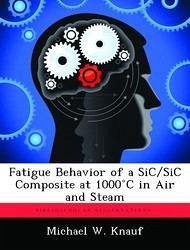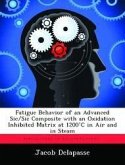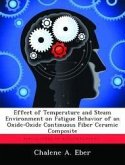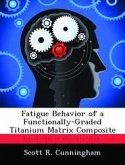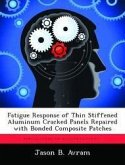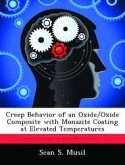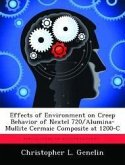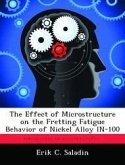Tension-tension fatigue behavior of a prototype Silicon Carbide/Silicon Carbide (SiC/SiC) ceramic matrix composite (CMC) material was investigated at 1000°C in laboratory air and in steam environments. The material consists of a SiC matrix reinforced with CG NICALON(TM) fibers woven in an eight harness satin weave (8HSW) and coated with a BN/SiC dual-layer interphase. The composite was manufactured by a Polymer Infiltration and Pyrolysis (PIP) process. A seal coat of SiC and elemental boron was applied to the test specimens after machining. The tensile stress-strain behavior was investigated and the tensile properties were measured at 1000°C. Tension-tension fatigue behavior was studied for fatigue stresses ranging from 60 to 100 MPa. The fatigue limit (based on a run-out condition of 2 x 105 cycles) was 80 MPa, which is 59% of the Ultimate Tensile Strength (UTS). The material retained 82% of its tensile strength. The presence of steam significantly degraded the fatigue performance at 1000°C. In steam the fatigue limit dropped below 60 MPa (44% UTS). Microstructural analysis revealed severe oxidation occurring in the specimens tested in steam, which resulted in accelerated damage development and failure. Through quantitative and qualitative analysis, the damage and premature failure of the composite in the steam environment is believed to be due to oxidation embrittlement. This material also showed considerably worse performance than similar SiC/SiC composites with a great deal of variability between specimens cut from different panels. The possibility exists that inadequate process control may be behind the degraded performance of the material and the panel-to-panel variability in performance.
Bitte wählen Sie Ihr Anliegen aus.
Rechnungen
Retourenschein anfordern
Bestellstatus
Storno

